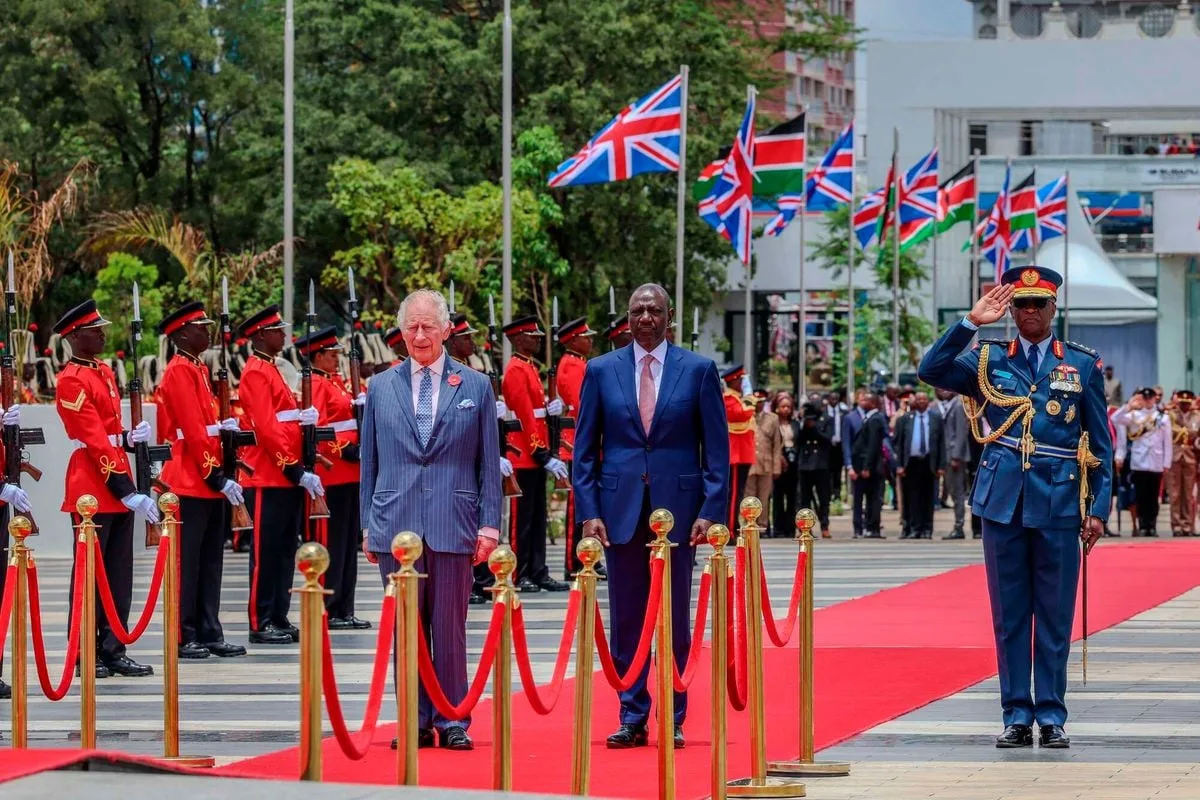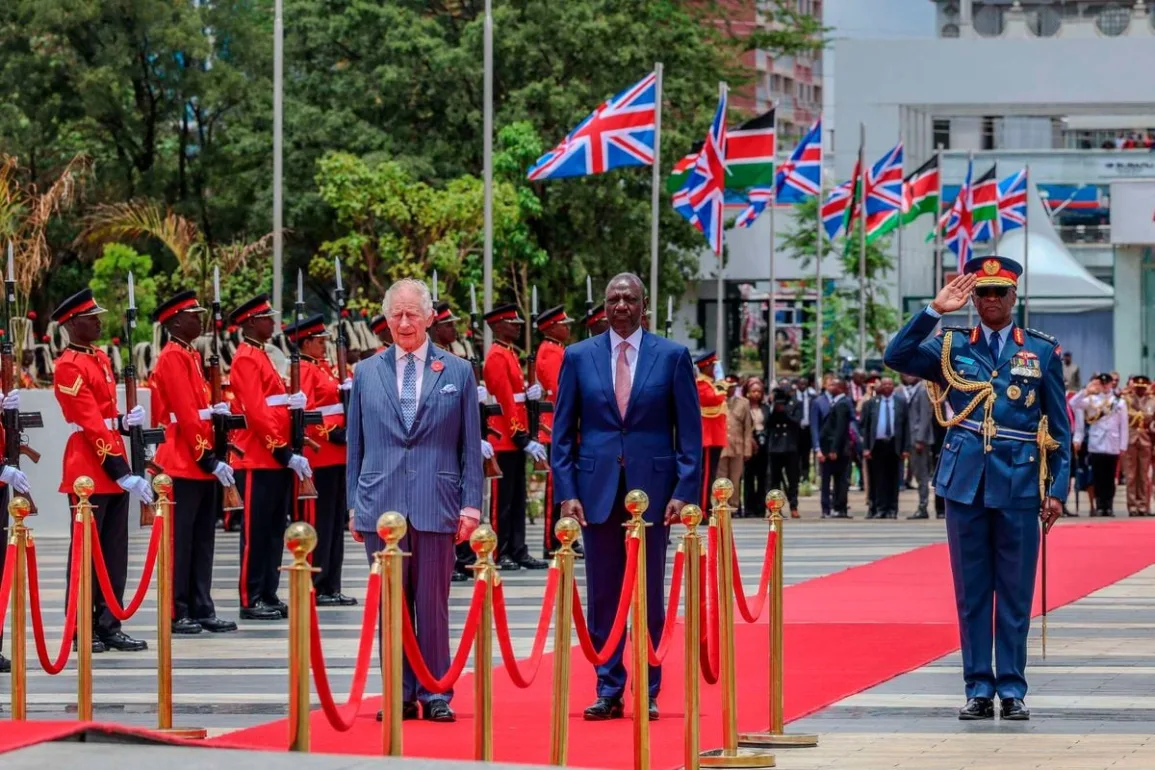
When Kenya became independent on December 12, 1963, the official status of the territory as a British colony ended.
But six decades later, the wounds and injustices of colonialism are still raw, haunting Kenya-United Kingdom relations.
As demands for reparations from sections of Kenyans to the visiting King Charles III emerge, ironically, that is not the solution.
Reparations would only perpetuate the notion of Kenyans in a permanent state of victimhood. By 2032, Kenya will have had more years of self-rule than the entire period of British colonial domination (1895-1963).
Yet Kenya remains poor. The country has, in the post-independence era, had the time and financial and human resources to solve most of its problems.
Most of the opportunities to improve its politico-economic condition have been spurned in the pursuit of individual aggrandisement and self-perpetuation. Reparations from Charles III in 2023 would only fall into the pockets of a few well-connected political elites—just like the aid for survivors of the Mau Mau atrocities at Independence.
Secondly, reparations imply a finality to the trauma of the colonial legacy, yet financial compensation can never adequately restore devastated communities for what happened to Kenyans during colonialism. They also imply that the perpetrator is absolved from their misdeeds, having paid compensation for them. That the abuser and abused can kiss and move on with life as if nothing happened! But reparations reinforce the asymmetrical relationship between the coloniser and the colonised.
Reparations cannot absolve successive Kenyan governments for gross misrule, squander, rapacious corruption and nepotism. For how long will Nairobi blame London for the challenges the independent Republic of Kenya faces? There must be a better way to reimagine Anglo-Kenyan ties.
In this regard, Charles III’s four-day state visit has the capacity to reimagine a mutually beneficial relationship of equal partnership within the framework of bilateral relations between the UK and Kenya.
With the UK out of the European Union, the capacity for London to re-engage with its former colonies like Kenya is great. On a multilateral level, as head of the Commonwealth, the King should gear the ‘Club’ to give voice to the interests of former British colonies and assimilated members in the Global South.
Simultaneously, London should reinforce shared values of a rules-based international order domiciled around the norms of democracy, good governance and the rule of law. The Commonwealth should challenge unilateralism internationally while spurning democratic backsliding in Kenya.
The perpetual need for Kenyans to depict themselves as helpless victims relying on the benevolence of the imperial hand of His Majesty Charles III takes away from their agency in redrawing the future path for Kenya and its destiny as a leader on the continent. The King’s visit should not only be a time to reflect on the tortured history of the past, on the dilemmas of a perilous present, but more importantly, about the future boundless arenas of opportunity that await the Anglo-Kenyan partnership in a bitterly divided world.
– Prof Monda teaches political science, international relations and foreign policy at the City University of New York. davidmonda.com. @dmonda1



